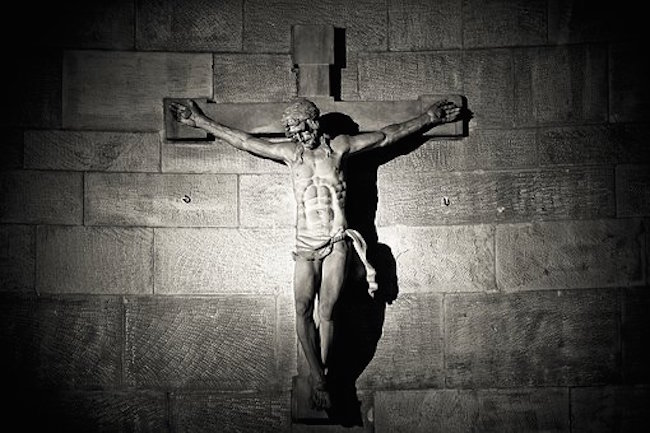Was Pascal right about God and belief? by Mark Vernon for Christian Today
Pascal’s Wager has become a notorious reason to believe in God. The French mathematician and philosopher proposed that it’s rational to believe in God because if you’re wrong it won’t make any difference, but if you’re right it might make every difference as to where you spend eternity. It’s as if he was suggesting it’s better to hedge your bets and believe, only that seems duplicitous and inauthentic.
However, there is more to the wager than just abstract logic. Pascal simultaneously argued that what you do makes a difference to what you believe. “If you perform religious rites with enthusiasm… you will come to be devoutly religious,” he wrote.
In other words, when he talked about believing in God, he was talking about actions as well as words. He intuited the two were linked, and the striking truth is this insight is finding growing support in science.
I recently attended a meeting of the International Society for Science and Religion. Evidence that could be used in support of Pascal dominated the conference. The psychologist, James Jones, is a distinguished professor in the department of religion at Rutgers University. He discussed what it might mean, as he also does in his book, Living Religion: Embodiment, Theology and the Possibility of Spiritual Sense.
For example, if individuals look down when trying to remember something, their powers of recall are boosted. Memory also improves when associated with places, which is why recollections come flooding back when you visit an old haunt or home.
Alternatively, there’s good evidence that a sluggish body posture amplifies depressed feelings, whilst sitting up or standing straight gives a boost to self-esteem. Going for a walk enhances thought, too, with the implication that going on a pilgrimage to work out what you believe is very sensible.
Another experiment that shows the link between motion and mentation can be done at home. Try explaining something to a friend whilst keeping your arms by your sides. When you can’t gesture, it is very much harder.
The last point nudges towards harder evidence for the connection between body and mind. Consider the fact that blind people gesture when they speak to other blind people. Clearly, the gestures can’t be seen but they help the exchange, nonetheless. The reason is that parts of the brain associated with movement are also associated with communication. In other words, gestures are bodily correlates of thoughts, as well as actions that help us think. They are not an optional extra.
A parallel link is caught in language. Time and time again, the words we use associate physical and mental experience. Consider just one example. We can say that a lemon is bitter and that a departure was bitter. The word “bitter” makes perfect sense in both cases, which is why we might also remark that a difficult event left “a bitter taste in the mouth”.




